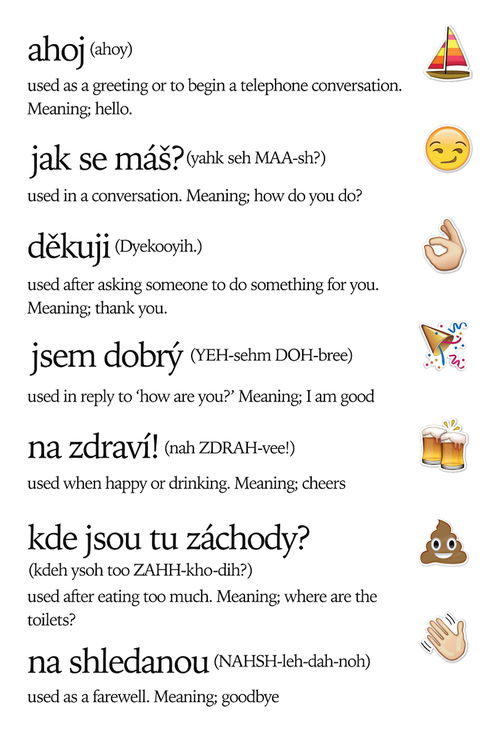
The

Intricate World of Cryptomnesia
Cryptomnesia can be defined as the phenomenon in which an individual produces a memory of something without realizing that it has already been encountered before. This bizarre condition is often referred to as "unconscious plagiarism" because people tend to create an idea or thought that has already been generated by someone else, and they are completely unaware of it. It is a bizarre, yet fascinating aspect of the human mind that has intrigued scientists and researchers alike.
The origins of the word "cryptomnesia" come from the Greek words "crypto," meaning hidden, and "mneme," meaning memory. This term was coined by Carl Jung, who was a prominent Swiss psychiatrist and psychoanalyst. He observed that many of his patients had incorporated the ideas and thoughts of others into their own subconscious, and they were completely unaware that they had been exposed to these concepts in the past.
One of the most common examples of cryptomnesia is when a musician unconsciously copies a melody or part of a tune from another artist's work without realizing it. For instance, George Harrison was accused of copying the melody of the Chiffons' "He's So Fine" for his song "My Sweet Lord," but he claimed that he had no intention of plagiarizing anyone else's work. Similarly, Led Zeppelin was sued several times for plagiarism, with many of their compositions containing subtle similarities to other songs.
Studies have shown that cryptomnesia can also affect individuals in their personal lives. For example, one partner may think that an idea or notion is unique to them, yet it may have been shared by their significant other at an earlier time. This can cause confusion and conflict because the individual who believes that they came up with the concept may feel betrayed or deceived when they discover that the idea was not originally theirs.
Furthermore, cryptomnesia can have serious implications in legal cases related to intellectual property. For instance, a scientist may unknowingly use another person's research results as their own, and this can have significant repercussions in the scientific community. This lack of acknowledgment can lead to serious damage to a person's reputation and credibility.
In conclusion, cryptomnesia is a fascinating yet complex aspect of human memory. It is intriguing to think that our minds can create thoughts and ideas that we are completely unaware of. As a society, we need to be more aware of this phenomenon because it can have serious implications in various fields, including science, the arts, and personal relationships. As Carl Jung once said, "What you resist, persists." Therefore, we should embrace and acknowledge the past knowledge that has been accumulated and respect the originality of others.